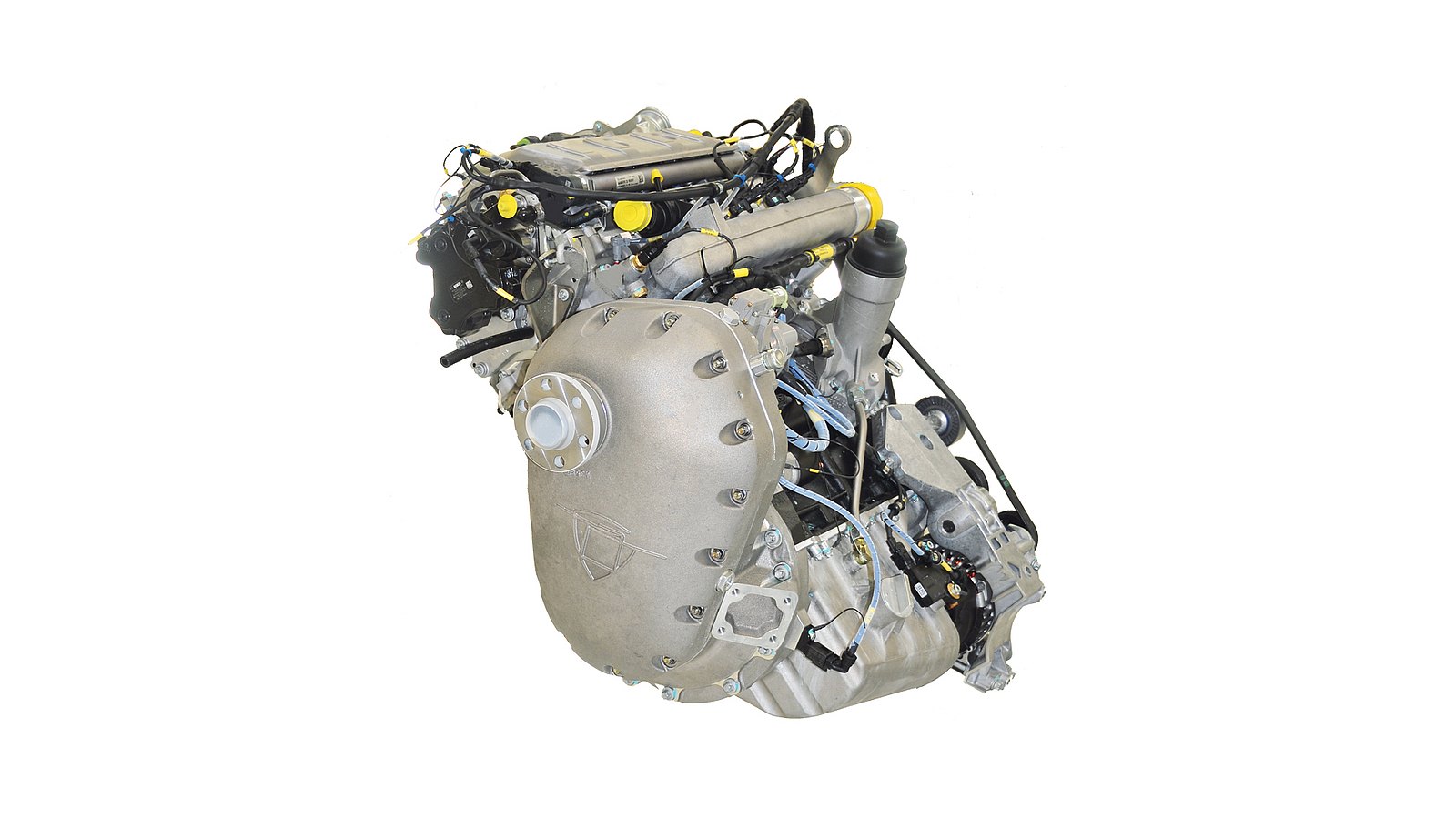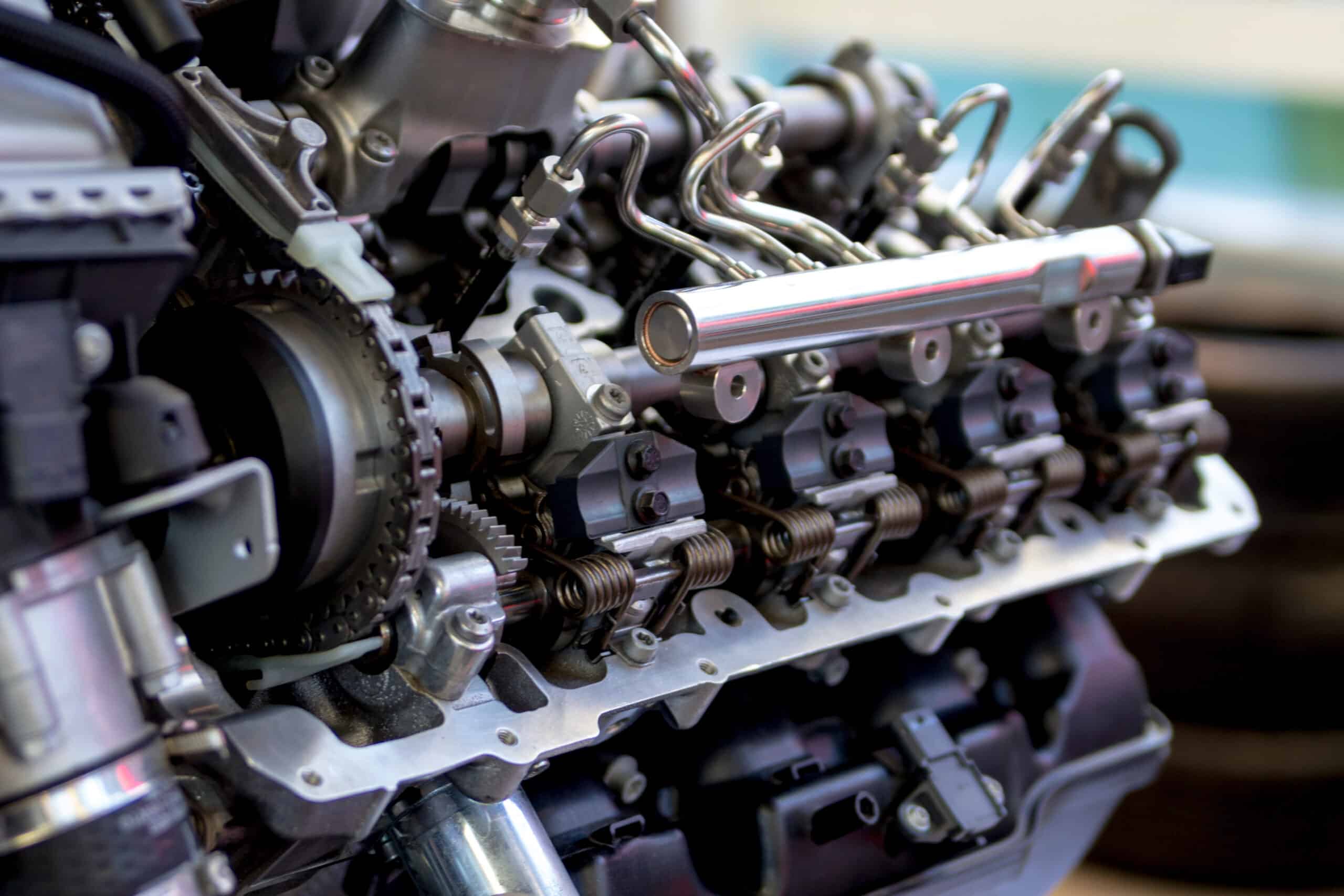Why Choose Engines For Africa for Reliable Motors
Wiki Article
Explore a Wide Variety of Engines for every single Car and Function
The automotive landscape is significantly complicated, with a varied selection of engine types designed to fulfill particular performance and efficiency needs across numerous automobile classifications. Additionally, durable engines serve the demands of work vehicles, while eco-friendly options are gaining grip in the quest of sustainable transport.Kinds Of Automotive Engines
Automotive engines can be classified into a number of distinctive types, each designed to meet specific performance and effectiveness needs. The most common classifications consist of internal burning engines, electrical engines, and crossbreed systems.
Electric engines, on the various other hand, operate electric power kept in batteries, offering immediate torque and absolutely no discharges. These engines are coming to be progressively popular as a result of innovations in battery innovation and the growing emphasis on sustainability.
Hybrid systems incorporate both internal combustion and electrical engines, making it possible for cars to optimize fuel efficiency and reduce emissions by flawlessly switching over between power sources. Each engine type offers its benefits and downsides, influencing aspects such as vehicle layout, planned use, and market need. Recognizing these differences is crucial for manufacturers and consumers alike when selecting the suitable engine for their details demands.
Efficiency Engines for Sports Cars
Efficiency engines for cars are especially crafted to supply boosted power, dexterity, and speed, setting them besides basic automotive engines. These engines commonly use sophisticated modern technologies such as turbocharging, turbo charging, and variable valve timing to make the most of efficiency and responsiveness.Generally, efficiency engines are designed with higher compression proportions, which permit higher power extraction from gas. This causes impressive horse power and torque figures, making it possible for quick velocity and greater full throttle. The light-weight materials made use of in these engines, such as light weight aluminum and carbon fiber, add to decreased general lorry weight, boosting handling and ability to move.
Engine configurations like V6, V8, and also hybrid systems prevail in efficiency cars, each offering distinct advantages in terms of power shipment and driving dynamics. The tuning of these engines is additionally critical; numerous manufacturers maximize the engine monitoring systems to provide an exciting driving experience, commonly including sport settings that change throttle response and equipment shifts.
Effective Engines for Daily Commuters
In the realm of everyday travelling, reliable engines play a vital function in maximizing fuel economic situation and lessening exhausts while supplying reliable efficiency. As city populaces grow and environmental issues escalate, the demand for automobiles furnished with efficient powertrains has actually risen.Modern engines designed for everyday commuters usually incorporate innovations such as turbocharging, straight fuel injection, and crossbreed systems. Turbocharging boosts engine efficiency forcibly even more air into the combustion chamber, enabling smaller sized, lighter engines that do not jeopardize power result. Direct fuel injection improves gas atomization, leading to better combustion and boosted performance.
Hybrid engines, integrating interior burning with electrical power, more increase fuel economic climate, especially in stop-and-go traffic, where standard engines can experience inadequacies. Electric motors help throughout acceleration and can run separately at low rates, lowering total gas consumption.
Moreover, developments in engine management systems and lightweight materials contribute considerably to efficient engine design. By concentrating on performance, sturdiness, and environmental sustainability, producers continue to provide engines that not only meet the demands of day-to-day travelling yet additionally straighten with international efforts to decrease carbon footprints.
Heavy-Duty Engines for Work Vehicles
Sturdy engines for work automobiles are regularly engineered to supply see it here exceptional torque and reliability under demanding problems. These engines are created to carry out in environments where typical engines might fail, such as construction websites, logging procedures, and farming setups. The main emphasis of heavy-duty engines is their ability to generate high degrees of power while preserving sturdiness over extended periods of operation.Typically, sturdy engines use innovative products and robust building and construction methods to withstand the rigors of heavy work. Features such as enhanced cyndrical tube blocks, improved air conditioning systems, and advanced gas shot innovations add to their effectiveness. These engines often operate at reduced RPMs, which assists to maximize fuel effectiveness while offering the essential power for hauling and carrying.
Along with mechanical toughness, sturdy engines are frequently geared up with sophisticated electronic control systems (ECUs) that take care of performance, exhausts, and diagnostics. This assimilation permits far better monitoring and maintenance, ensuring that work automobiles continue to be effective and functional.
Inevitably, heavy-duty engines are a necessary element in the efficiency of various sectors, supplying the needed power and reliability to deal with the most difficult of tasks.
Eco-Friendly Engine Options
The growing emphasis on sustainability has caused the growth of environment-friendly engine alternatives that focus on lowered emissions and enhanced gas effectiveness. These engines are made to decrease the ecological impact of cars while still providing the performance and reliability expected by customers.Among the most notable environment-friendly alternatives are hybrid and electrical engines. Hybrid engines incorporate traditional inner burning engines with electrical propulsion, enabling lowered fuel intake and reduced greenhouse gas discharges. Electric engines, on the other hand, run completely on battery power, creating zero tailpipe emissions and adding to cleaner air quality.
Another encouraging growth is the advancement of biofuel engines, which make use of sustainable sources, such as plant materials, to power cars (Engines For Africa). By utilizing biofuels, these engines can reduce reliance on fossil fuels and reduced overall carbon footprints

As the vehicle sector advances, green engine choices will play a crucial function in driving the transition in the direction of more lasting transportation remedies.
Final Thought
From high-performance engines that boost sporting activities vehicle capabilities to reliable models prioritizing fuel economic climate for daily travelers, each type serves a particular feature. Durable engines cater to durable job lorries, while environmentally friendly choices, such as electric and biofuel engines, promote lasting transport.
Report this wiki page